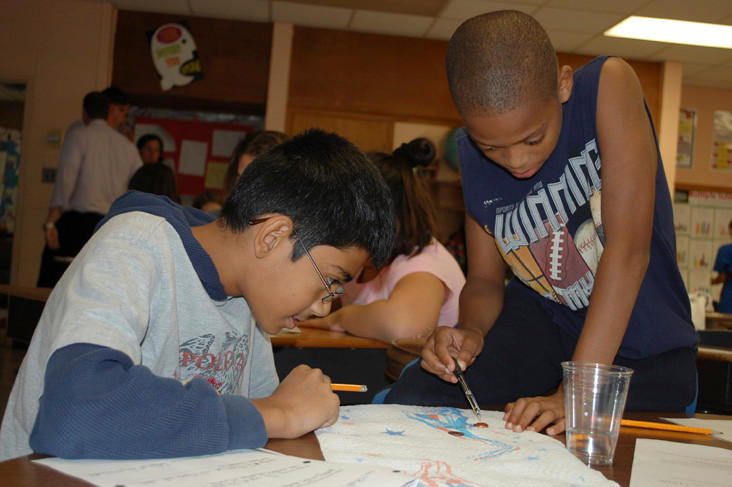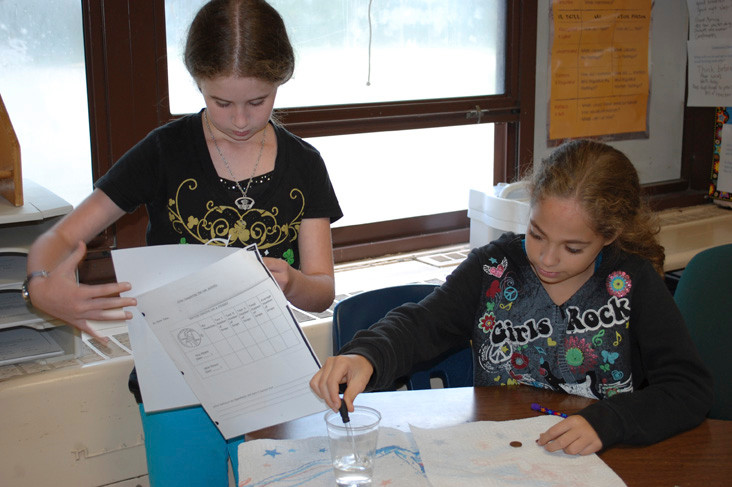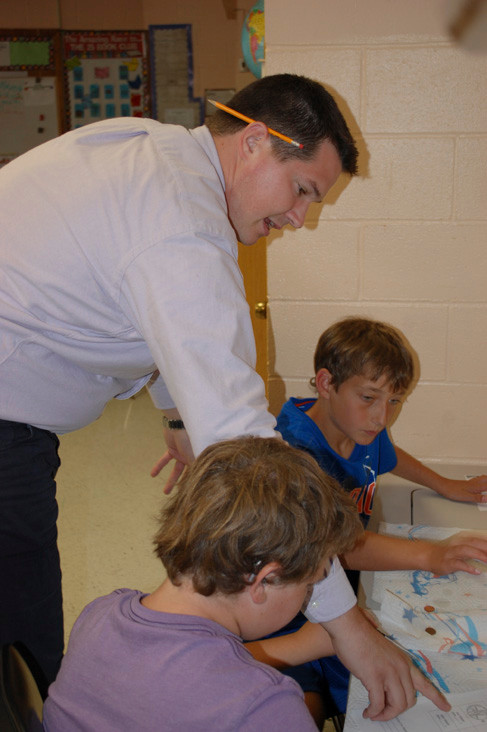Districts find common ground in science
While English and math skills are often at the forefront of educational planning, it’s science that is receiving some extra attention in Valley Stream.
This year, new changes are being unveiled in sixth-grade classes in Valley Stream’s three elementary districts. The purpose is to have students familiar with the same science skills and terms by the time they come together as seventh graders in the Central High School District.
The changes were brought about by the Interdistrict Curriculum Council, a team of administrators from Valley Stream’s four school districts. The group, which was re-established last year, made science program improvements its first charge.
The council is led by Dr. Lisa Conte, curriculum director for District 24, and Dr. Thomas Troisi, assistant superintendent for curriculum and instruction in the high school district. Troisi said that there was a consensus among officials from the four districts that in order to better prepare students for accelerated science courses in high school, more work had to be done at the elementary level.
“We felt that what was missing were some more authentic, scientific experiences in the sixth grade,” Troisi said.
Over the summer, sixth-grade teachers worked along with high school district science teachers to address the elementary school curriculum. Conte said the teachers designed lab activities that could be performed in sixth-grade classes across Valley Stream.
When students conduct these hands-on experiments, they will follow the same scientific process used in junior high and high school science classes. They will also have to create lab reports and learn vocabulary words to prepare them for seventh grade and beyond.
Conte and Troisi explained that while the sixth-grade science curriculum in the three elementary districts has always been similar, now students will be doing the same work, regardless of if they are in District 13, 24 or 30. “It’s not that we’ve changed what they’re teaching there,” Troisi said. “We changed how they’re teaching it.”











